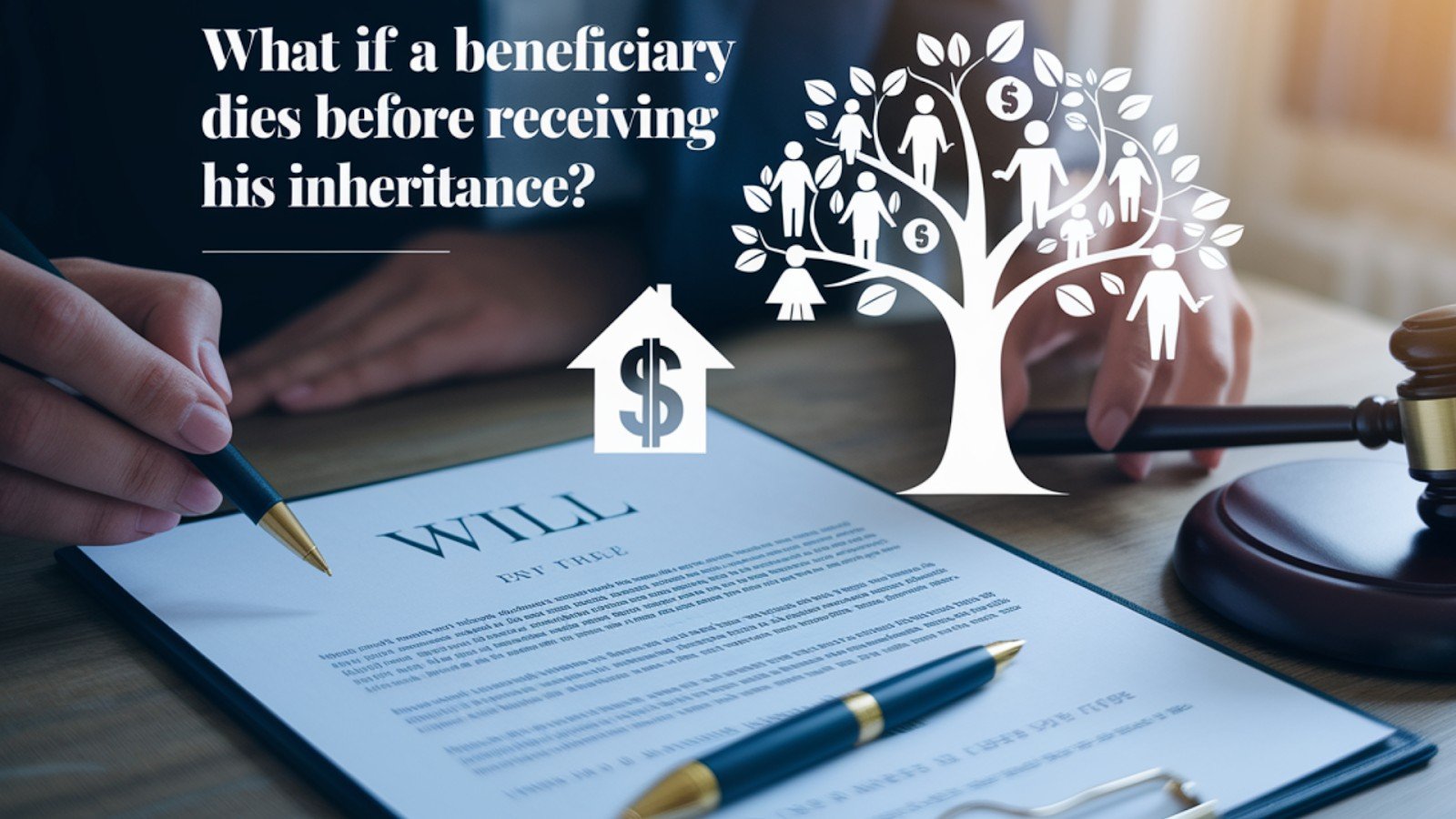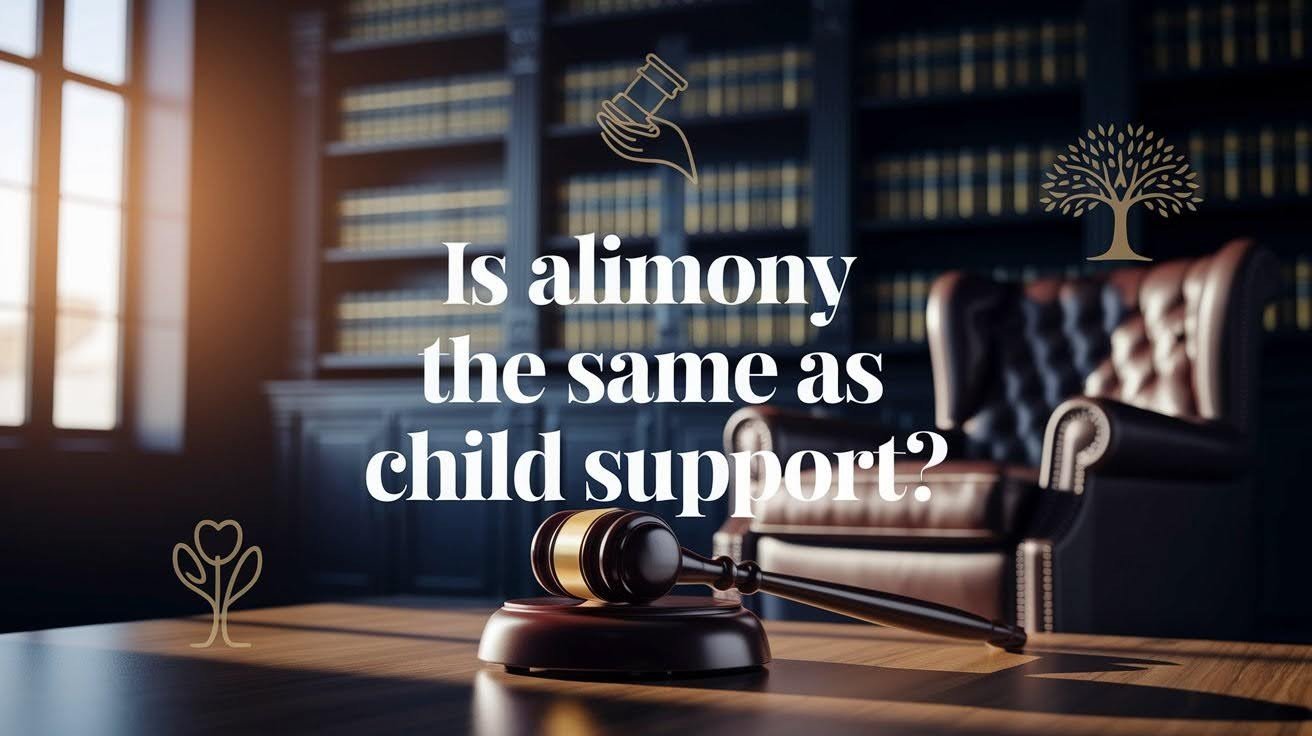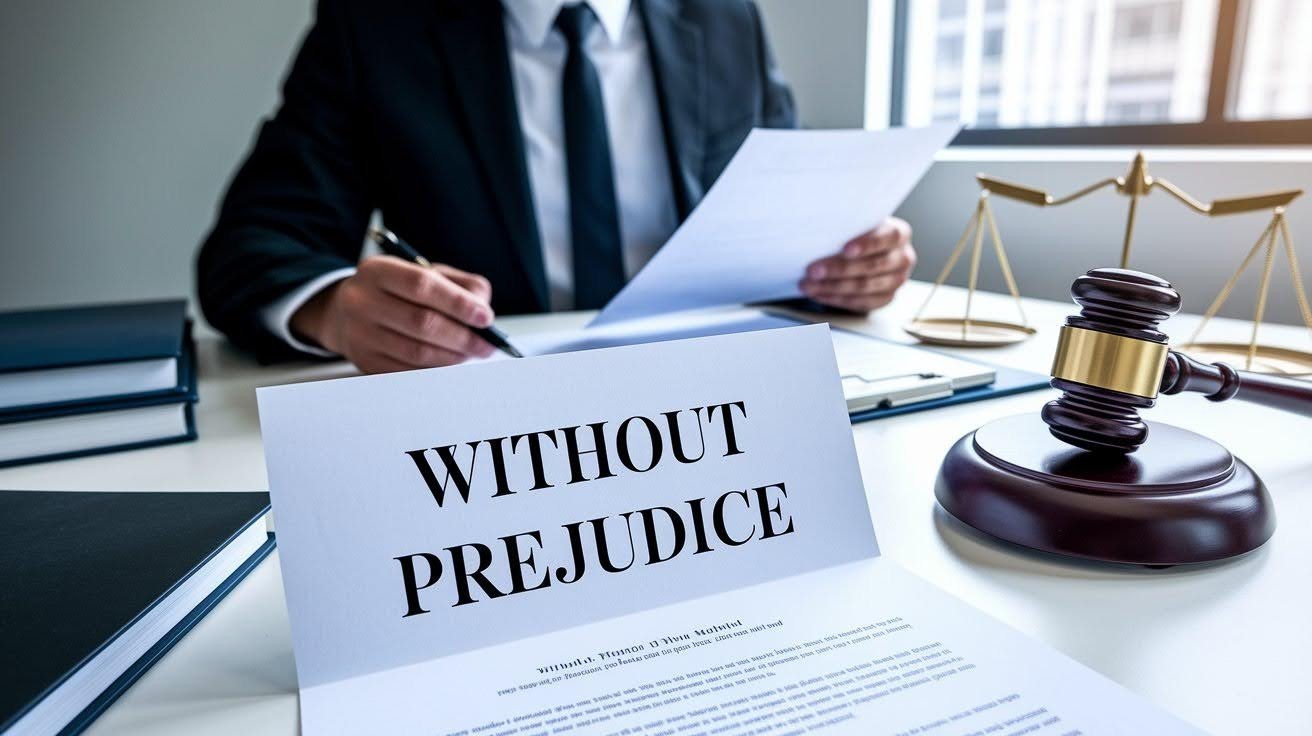Your brother was supposed to inherit your parents’ house before he died. What is the present status of the $300,000 property?
I saw this scenario create chaos countless times after 15 years of helping families with estates. Beneficiaries might die prior to any inheritance, and this type of event is able to cause assets to end up in the wrong hands. Expensive legal battles can be triggered by events. Assets can also disappear into the coffers of the state.
This guide about inheritance confuses when seven explicit outcomes occur if beneficiaries die first. Learn how to safeguard the assets of your family, learn about the time when contingent beneficiaries take over, and about how anti-lapse laws work.
Disclaimer: This information solely educates, yet does not legally advise in such a personalized way.
Things That Could Happen If a Beneficiary Dies Before Receiving His Inheritance
When someone you name in your will dies before you do, things get tricky. Your careful plans might fall apart. But don’t worry – the law has ways to handle this mess.
Most states have anti-lapse laws that step in when a beneficiary dies first. These laws are your safety net. They keep your gifts from disappearing into thin air.
If you don’t plan for this problem, the courts will decide where your money goes. That’s not what you want for your family.
Anti-Lapse Laws Automatically Transfer Inheritance to the Deceased Beneficiary’s Children
Anti-lapse laws work like a backup plan you never wrote. When your beneficiary dies first, the law steps in. It gives the inheritance to their children instead.
These laws don’t cover everyone, though. Most states only protect gifts to your children and siblings. If you leave money to a friend who dies first, these laws won’t help.
Each state has different rules. Some states protect all beneficiaries. Others only help blood relatives. New York only covers your children and siblings.
Contingent Beneficiaries Receive the Inheritance
Smart people name backup beneficiaries in their wills. These are called contingent beneficiaries. When your first choice dies, the backup person gets the money.
This is the cleanest way to handle the problem. You write something like: “I leave my house to John, but if he dies first, then to Sarah.” No confusion. No court fights.
You can name backups in your will, trust documents, life insurance policies, and retirement accounts. Always have a second choice ready for every gift you make.
Assets Revert to Residual Estate for Distribution
Sometimes there’s no backup plan, and anti-lapse laws don’t apply. When this happens, your gift falls back into the main pot. This is called the residual estate.
The residual estate is everything left over after specific gifts. It goes to whoever you named to get “all remaining assets.” This person is called the residuary beneficiary.
If you don’t have a residuary beneficiary either, things get messy fast. The courts will decide where your money goes using state laws.
Intestate Succession Laws Take Over Asset Distribution
When all your named beneficiaries die first, state law takes control. This is called intestate succession. The state decides who gets what based on family relationships.
The law follows a strict order. Your spouse comes first, then children, then siblings. If none of those exist, the state looks for more distant relatives like cousins.
The court will search for your nearest living relatives. This can take months or even years. Your family won’t get the money quickly when this happens.
Joint Ownership Rights Bypass the Will Entirely
Joint ownership changes everything. When you own property with someone else, your will doesn’t matter. The surviving owner gets everything automatically.
This works for bank accounts, houses, and investments. The key is having “survivorship rights” in the ownership papers. When one owner dies, the other gets it all.
Community property states have special rules for married couples. Half of everything belongs to each spouse. When one dies, their half follows different rules from joint property.
Trust Documents Control Alternative Distribution Plans
Trusts are smarter than wills when beneficiaries die first. Trust documents can name multiple backup plans. The trustee follows these instructions without going to court.
Trusts move faster than wills. There’s no probate court involved. Your family gets the money quicker and with less hassle.
The trustee can make decisions based on what the trust says. If one beneficiary dies, the trust automatically switches to the next person in line.
Group Inheritance Splits Among Surviving Members
When you leave money to a group like “my children,” things work differently. If one child dies first, the surviving children split everything equally. The dead child’s share gets divided up.
But if you name people individually, each gift is treated separately. If “John Smith” dies first, only his specific gift has a problem. Everyone else still gets their money.
Group gifts are usually safer than individual gifts. The surviving group members automatically get more when someone dies first.
Prevention Tips for Estate Planning
Good estate planning means naming backup beneficiaries, updating documents regularly, and getting legal help to prevent inheritance problems.
- Check your documents every two years or when major life changes happen – death, divorce, and new babies all change your plans
- Get help from estate planning lawyers who know your state’s laws and can spot problems you’ll never see coming
- Make a list of everyone you’ve named as a beneficiary and check every account, every policy, every document
- Talk to your family about your plans and tell them who gets what and why to prevent fights later
- Review all beneficiary forms this month and update outdated information while making sure backup beneficiaries are named everywhere
Conclusion
Now you know what to do in case a beneficiary dies before receiving the inheritance, as you are ready to handle it. Anti-lapse rules are inside the law, like protection built inside. Surely, to plan smartly is just a great idea. Backup beneficiaries make for even easier access.
Plan so your family’s future is secure. List various substitutes for each present. In transitional times of life, update the documents. Legal help can keep one from costly mistakes.
The best part? You are already thinking about just what is right for reading this. These scenarios are not considered by most people until it is too late.
Are there any questions that you have for your situation? I would love to offer help to you as you plan more effectively, so you should share all of your thoughts within the comments below.
Frequently Asked Questions
What happens if my beneficiary dies before me?
Several things can happen depending on your state and planning. Anti-lapse laws may pass the inheritance to their children. If you named backup beneficiaries, they get it instead. Without backups, it goes to your residual estate or follows state intestacy laws.
Do anti-lapse laws protect all beneficiaries?
No, most states only protect gifts to your children and siblings. If you leave money to friends, cousins, or other relatives, anti-lapse laws usually won’t apply. The gift may lapse back to your estate instead.
Should I name backup beneficiaries for everything?
Yes, always name contingent beneficiaries for your will, trusts, insurance, and retirement accounts. This prevents confusion and court delays. Consider naming multiple backups – a second and third choice – for better protection.
What if all my beneficiaries die before me?
Your assets will follow state intestacy laws. The court will search for your closest living relatives in legal order: spouse, children, siblings, then extended family. This process can take months and may not match your wishes.
How often should I update my beneficiary information?
Review and update beneficiaries every two years or after major life events like deaths, births, marriages, or divorces. Check all documents, including wills, trusts, insurance policies, and retirement accounts, to keep everything current.







